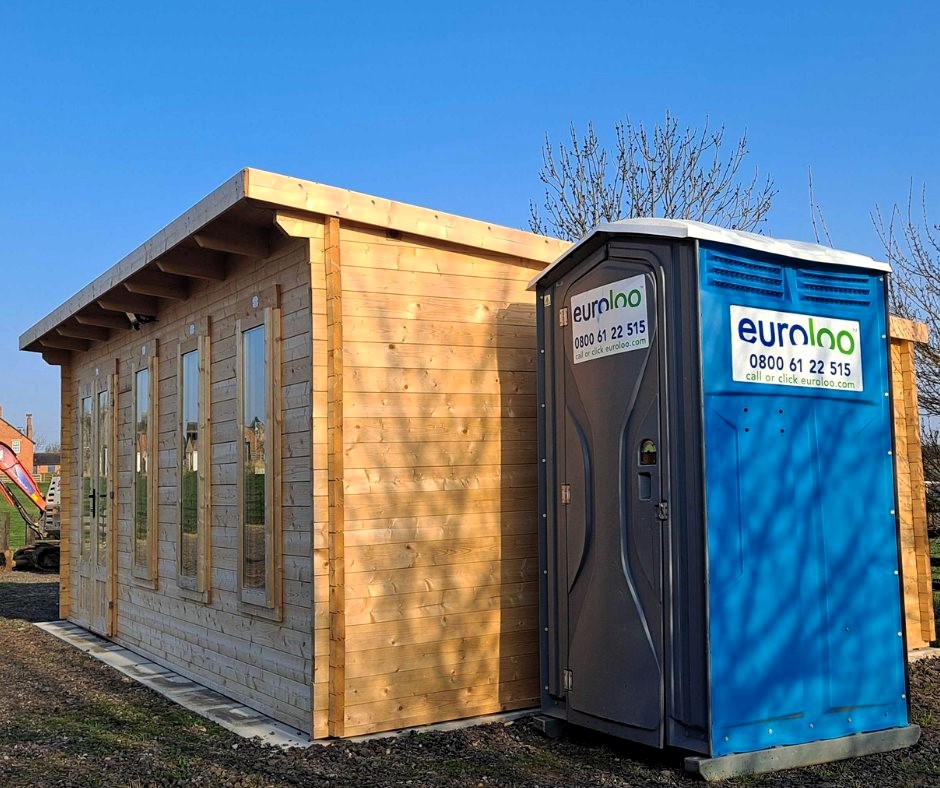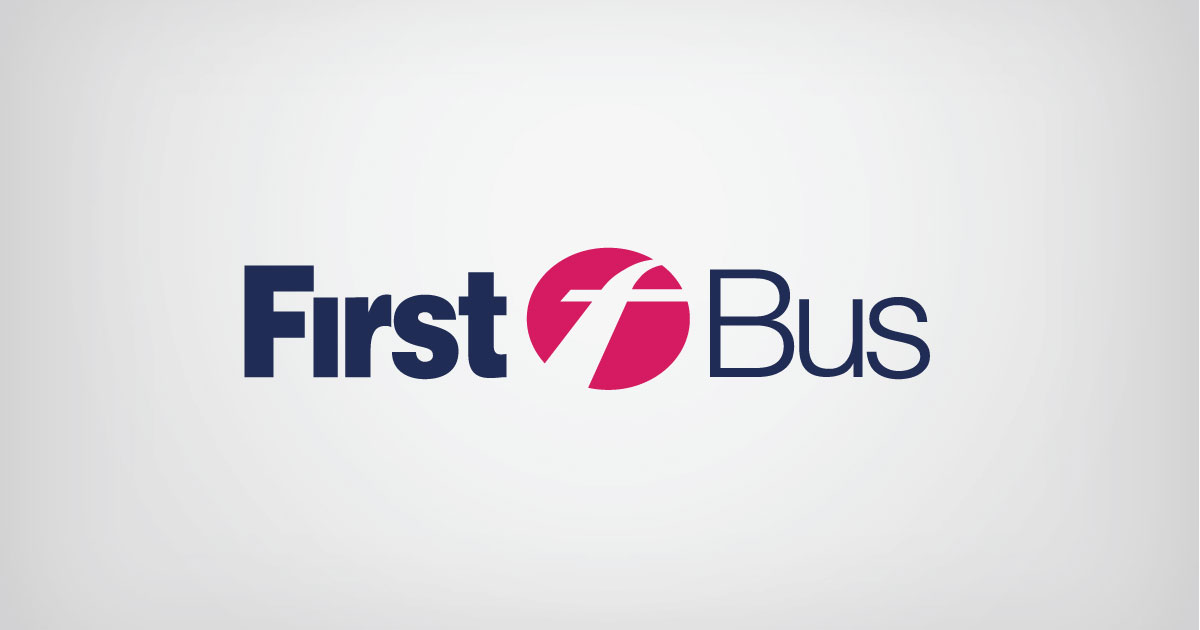National Timber Group (NTG) – one of the UK’s largest timber distribution and processing businesses – has collapsed into administration, impacting hundreds of workers, dozens of branches, and a significant portion of the construction supply chain.
Administrators have confirmed:
- 561 redundancies
- 13 branch closures
- Multiple processing facilities mothballed
- The group is now up for sale
For contractors, project managers, QS teams and procurement leads, the collapse of a business of this scale represents a serious supply-chain event heading into 2025.
Below is a clear summary of what has happened, what it means, and what construction teams should prepare for over the coming weeks.
What Happened to National Timber Group?
NTG has been a major supplier of timber, joinery products, sheet materials and engineered wood, relied on by:
- housebuilders
- commercial contractors
- infrastructure projects
- fit-out and joinery firms
- specialist timber-frame contractors
Despite a reported turnover of more than £300m, the company suffered sustained losses and rising pressure on working capital during 2024–2025.
The group entered administration on 26 November 2025, with immediate closures and redundancies confirmed by the administrators.
Why This Collapse Matters for Construction Projects
A supplier failure of this size can create immediate and widespread disruption across live sites. The most common impacts include:
1. Delayed start dates and sequencing changes
Teams waiting on timber packages – frames, sheet materials, joists, decking, carcassing, cladding – may now face:
- stock shortages
- extended lead times
- partial deliveries
- alternative procurement routes
2. Pressure on downstream contractors
Joinery, fit-out and timber-frame teams often run to tight timelines. Any supply disruption increases:
- risk of missed programme milestones
- overtime costs
- dependency on unplanned substitutions
3. Pricing pressure
When a major merchant collapses, supply tightens overnight. This can lead to:
- uneven pricing across regions
- temporary price spikes
- credit restrictions from other merchants
4. Programme instability
When materials do not arrive on time, the entire site schedule shifts. This affects:
- labour allocation
- inspections
- subcontractor sequencing
- welfare requirements
This last point is where many sites experience the largest operational impact.
What Contractors Should Do Now
To stabilise active or upcoming projects, construction teams should take the following steps:
1. Review open orders immediately
Check all outstanding purchase orders for NTG brands and branches. Confirm:
- what is cancelled
- what will still be delivered
- what needs re-ordering elsewhere
2. Secure alternative sources
Contact secondary merchants or framework suppliers to confirm availability and lead times.
3. Stress-test the programme
Identify phases likely to be delayed and adjust:
- sequencing
- labour
- site handovers
- services and welfare requirements
4. Communicate early
Keep clients, subcontractors and operational teams informed of any changed timelines so expectations are managed and decisions can be made quickly.
How This Impacts Welfare Requirements On-Site
When a material supplier collapses, many sites experience programme movement – not by days, but by weeks. This often creates challenges with:
- extended phases
- overlapping teams
- increased on-site headcount
- compliance requirements
- unplanned short-term facility needs
Where timelines slip, reliable welfare becomes crucial to keep sites operational and compliant.
euroloo supports construction teams by providing:
- flexible hire periods that reflect real programme duration
- rapid deployment when additional welfare is needed at short notice
- emergency cover if facilities are required due to unplanned delays
- reliable servicing across England to maintain standards on longer projects
- scalable welfare support if teams expand or overlap due to sequencing changes
When supply-chain disruption hits, site continuity becomes even more important — particularly on housing, infrastructure and fit-out projects.
Timeline of Events
- Early November 2025 — Industry sources report NTG filing a Notice of Intention to Appoint Administrators.
- 26 November 2025 — Administrators formally appointed.
- Day 1 — 561 redundancies announced.
- Day 1 — 13 depots closed across the UK.
- Current — Group in administration and being marketed for sale.
Construction Sectors Most Likely to Be Affected
Based on current information, the following sectors face the largest short-term impact:
- Housebuilding — timber frame, structural components, cladding.
- Commercial fit-out — joinery, sheet materials.
- Infrastructure — temporary works, timber packaging.
- Facilities and estate management — remedial works, reactive repairs.
- Modular and off-site construction — engineered wood, LVL, glulam.
euroloo works across these sectors to help teams maintain compliance and continuity on live projects, even when programmes are under pressure.
How euroloo Supports Construction Sector Teams
Across the construction sector, contractors use euroloo to stabilise welfare provision when materials, labour and sequencing become unpredictable.
We also support:
- infrastructure and civil engineering projects
- housebuilding and residential developers
- facilities and estate management teams
- business continuity and emergency response requirements
For sites looking to reduce emissions as well as manage disruption, our modern low-emission welfare units provide a practical option for longer programmes and complex schemes.
We Will Continue to Monitor the NTG Administration
We will add further updates once:
- administrators release more detail on depot sales and asset disposals
- branches are acquired by other merchants
- supply routes begin to stabilise
If your project is already experiencing delays or increased headcount due to the collapse of National Timber Group, euroloo can deploy additional welfare quickly to help keep your site compliant and operational.























